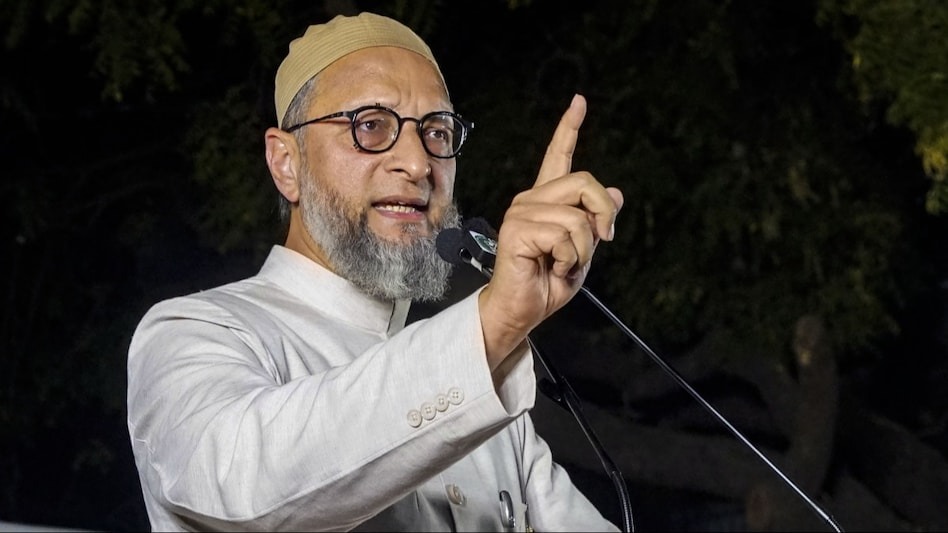
 Political Climate and Comments As the heat of the Indian summer intensifies, so does the temperature of its political arena. The lead-up to the 2024 Lok Sabha elections has witnessed politicians sharpening their rhetoric, creating a fervor matched only by the season’s swelter. Central to this intensifying political drama is a statement made by Prime Minister Narendra Modi, which has sparked widespread controversy and drawn sharp responses, including from Asaduddin Owaisi, the leader of the All India Majlis-e-Ittehad-ul-Muslimeen (AIMIM) and a member of the Lok Sabha.
Political Climate and Comments As the heat of the Indian summer intensifies, so does the temperature of its political arena. The lead-up to the 2024 Lok Sabha elections has witnessed politicians sharpening their rhetoric, creating a fervor matched only by the season’s swelter. Central to this intensifying political drama is a statement made by Prime Minister Narendra Modi, which has sparked widespread controversy and drawn sharp responses, including from Asaduddin Owaisi, the leader of the All India Majlis-e-Ittehad-ul-Muslimeen (AIMIM) and a member of the Lok Sabha.
Prime Minister Narendra Modi’s Controversial Statement In a recent rally in Rajasthan, Prime Minister Modi accused the Congress party of intending to distribute the nation’s wealth preferentially, alleging that “they wish to distribute it to those with more children,” a comment widely interpreted as targeting the Muslim community. This statement referenced a past remark by former Prime Minister Manmohan Singh regarding the rights of Muslims over national resources, further inflaming tensions.
Owaisi’s Fiery Response In a vehement rebuttal delivered through a widely viewed video, Owaisi accused Modi of misleading the public by insinuating that Muslims were intent on increasing their population to gain more from the nation’s resources. Owaisi argued that, contrary to Modi’s implications, government data indicates that the Muslim community’s birth rate has actually declined, challenging the narrative presented by the Prime Minister.
The Reality Behind Owaisi’s Claims Owaisi’s claim about the predominant use of condoms by Muslims in India adds a layer of complexity to the discussion. He suggests that this indicates responsible family planning within the Muslim community, directly countering the narrative of unchecked population growth. To understand the veracity of these claims, it’s crucial to delve into the statistics regarding birth rates and contraceptive use among different demographic groups in India.
Impact and Implications of the Political Exchange This exchange between Modi and Owaisi is not just a war of words but reflects deeper societal and political undercurrents. For Owaisi, this is an opportunity to solidify his standing as a defender of the Muslim community’s rights and dignity. Nationally, these developments could significantly sway public opinion and electoral strategies as parties position themselves for the upcoming elections.
Public and Media Reaction The media has played a pivotal role in broadcasting these exchanges, with coverage ranging from critical analysis to outright sensationalism. Public reaction has been equally mixed, with some applauding Owaisi’s forthrightness, while others remain skeptical of his motives and statements.
Conclusion: Summarizing the Political Heatwave As we edge closer to the 2024 Lok Sabha elections, the political landscape of India remains charged with heated exchanges like those between Modi and Owaisi. These incidents not only highlight ongoing political strategies but also reflect the broader societal challenges and dynamics at play.
Looking Ahead The repercussions of these debates will likely resonate beyond mere electoral outcomes, potentially shaping the fabric of national discourse on communal and demographic issues in India for years to come.
Read More: The Halwa Mystery Why Akhilesh Yadav is Questioning the New US-India Trade Deal

 Share
Share

_1060084071_100x75.jpg)

